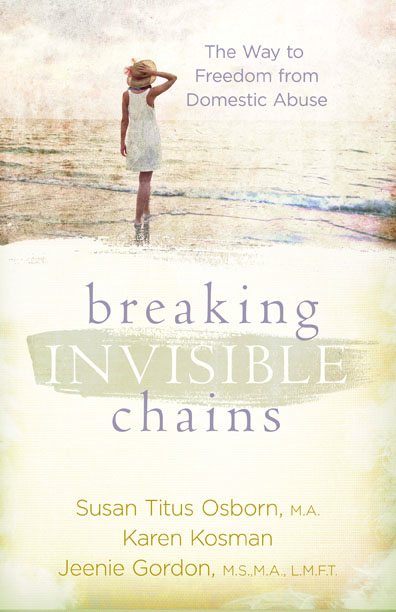A question I am frequently asked by friends and customers of my critique service is: Should I get an agent? The answer isn’t as simple as yes or no. I placed 28 books on my own before I obtained an agent. Now I’m not suggesting that you have to do that, but you do want to get an agent who is competent. Here are two questions to consider:
1. When is it time to get an agent? Many people think that getting an agent is the answer to all their problems. However if you don’t have a proven track record— have not published a few books or don’t have a dynamic speaking ministry—it may be hard for you to get a good agent. So it is important to build a good reputation before you seek an agent.
2. How do I know that an agent is good? If an agent shows interest in you, ask him/her for three clients that will recommend him. Also ask for three books his agency has placed that year. If people won’t recommend him and he has not placed books, you don’t want him to represent you! A mediocre or incompetent agent can hurt you more than not having one.
More questions will be discussed in my next blog.


